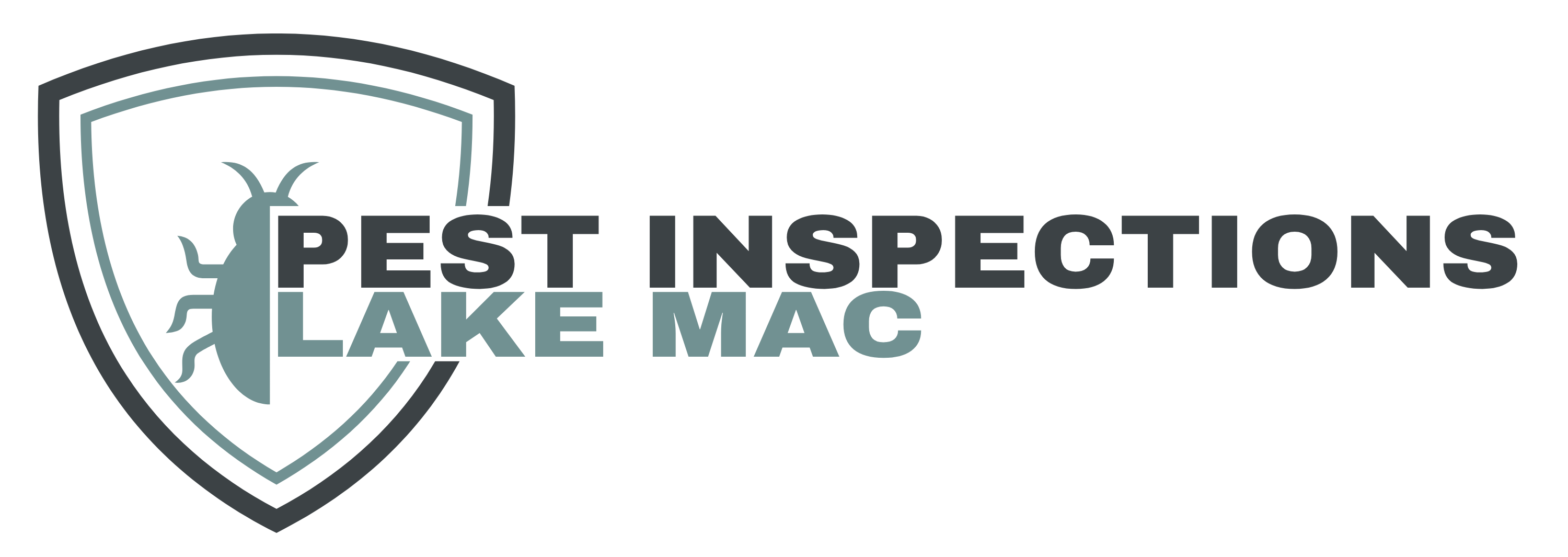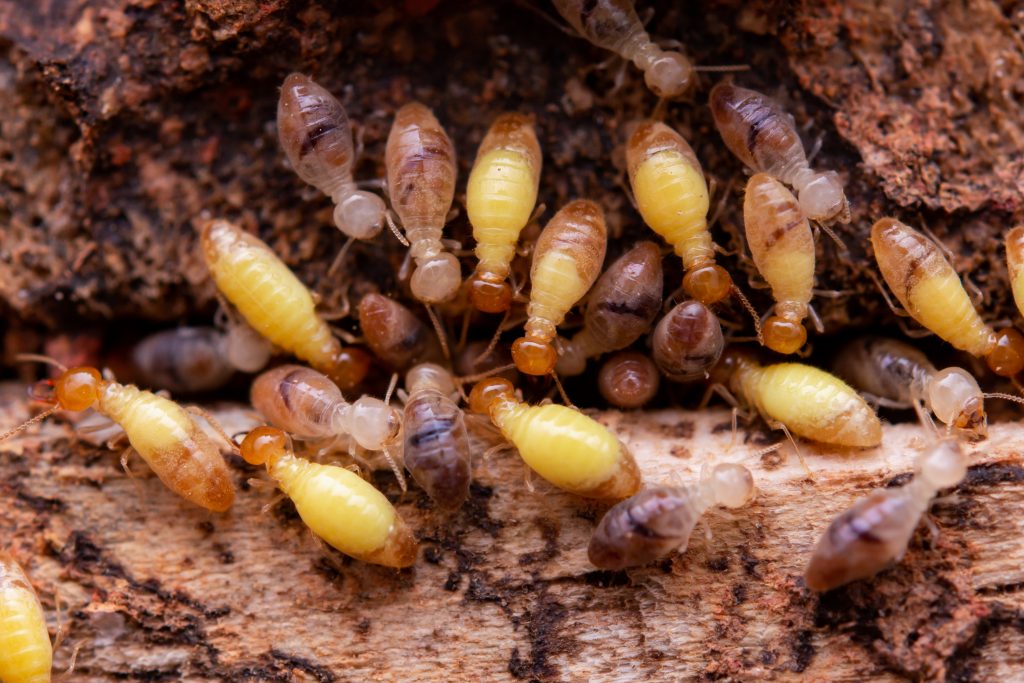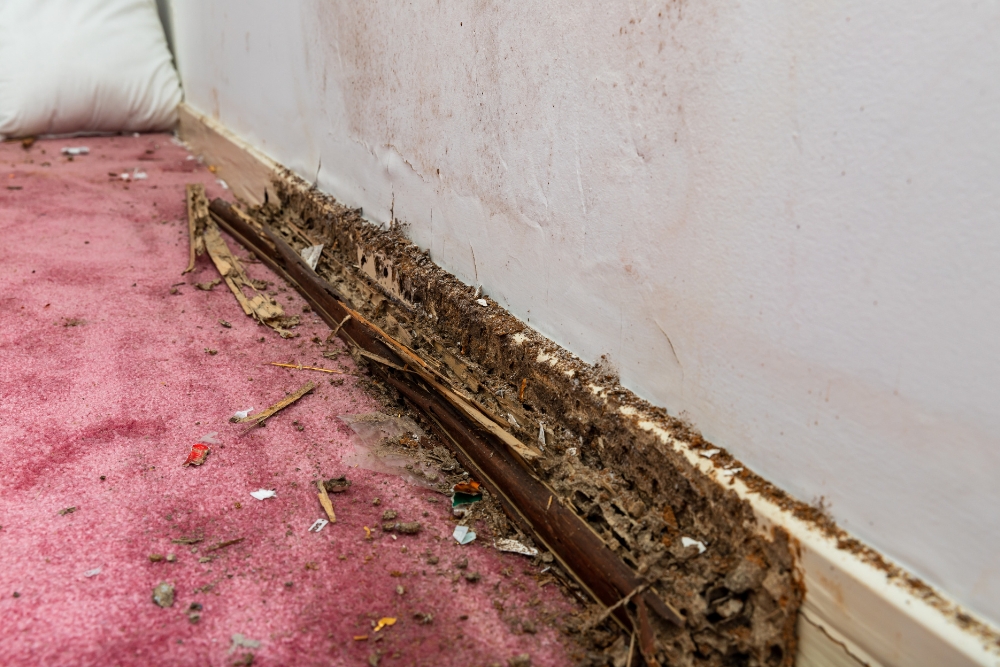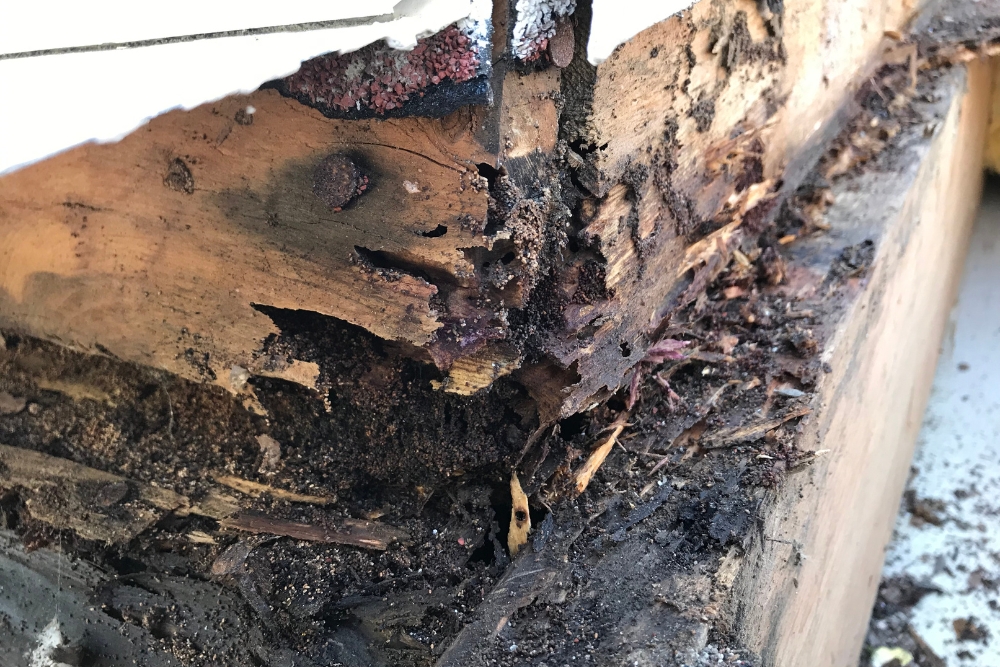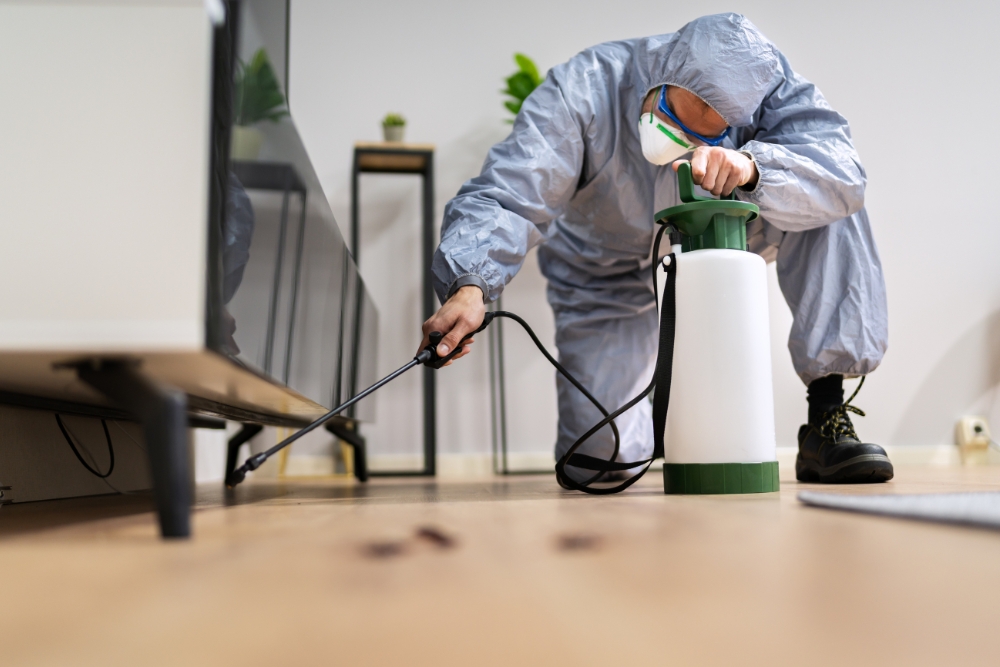Pests pose a significant threat to businesses all across Australia, costing millions of dollars each year in control efforts, damage repairs, and lost profits. From termites gnawing through structures to rodents spoiling inventory, these unwelcome invaders can wreak havoc on operations big and small.
Tackling this issue head-on is crucial for companies looking to protect their bottom line. Preventative measures such as maintaining clean premises, sealing potential entry points, managing waste effectively, and educating staff about the importance of a pest-free environment lay the foundation for a proactive approach against pests.
Integrated Pest Management (IPM) strategies combine sanitation, structural repairs, and biological controls to offer a comprehensive defence while minimising harm from pesticides. Additionally, partnering with professional pest control services brings specialised expertise into the fold, ensuring tailored solutions that adhere to legal standards quickly and efficiently.
Regular monitoring and maintenance further bolster defences by spotting early signs of infestation and addressing vulnerabilities before they escalate into larger problems. Read on for insights into transforming pest management from a daunting challenge into an achievable goal.
Key Takeaways
- Pests cost Australian businesses millions each year in control efforts, damage repairs, and lost profits. Companies shell out big money to handle everything from termites to rodents because these pests can seriously harm their operations.
- Taking steps to prevent pest invasions is crucial for businesses. This includes keeping properties clean, sealing up any cracks or entry points, managing waste properly, and educating employees on the importance of a pest-free environment.
- Integrated Pest Management (IPM) strategies offer a smart way to deal with pests by combining different methods like sanitation, structural repairs, and biological controls. It helps reduce the need for harmful pesticides while effectively managing pest issues.
- Partnering with professional pest control services provides access to specialised knowledge and skills needed to tackle infestations efficiently. These experts can tailor solutions that meet specific business needs while ensuring compliance with legal regulations.
- Regular monitoring and maintenance are key actions in preventing pest problems before they start. Businesses should conduct routine checks for early signs of pests and take proactive measures such as fixing gaps or leaks that could invite pests inside.
Understanding the Economic Impact of Pest Infestations
Pest infestations can be a major financial drain for businesses, as they not only demand significant investment in pest control measures but also lead to direct loss of revenue and profits due to operational disruptions. The costs of battling these unwelcome guests often extend beyond the immediate expense of eradication, including the potential for substantial damage to property and inventory that can further inflate the financial burden.
Moreover, the presence of pests can tarnish a business’s reputation, leading to long-term losses as customers and clients lose trust. This reputational damage can be especially devastating, as it impacts customer loyalty and can deter new business, complicating recovery efforts.
In essence, the economic impact of pest infestations encompasses a wide range of direct and indirect costs, highlighting the importance of proactive pest management strategies to safeguard both assets and profitability.
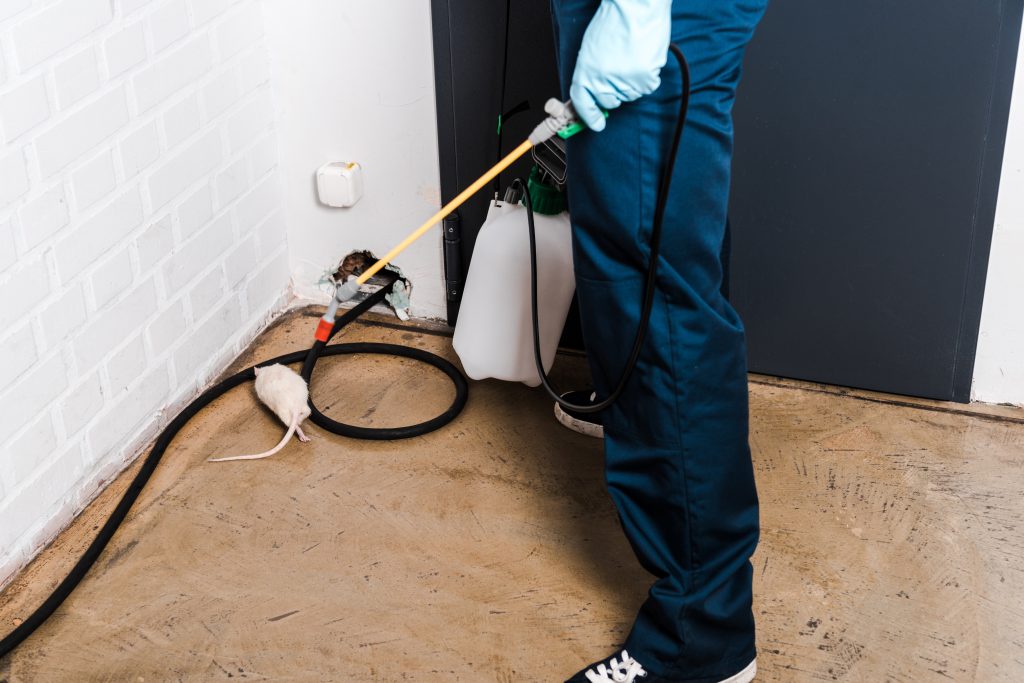
High costs of pest control
Dealing with pests hits the wallet hard, and we’re not just talking about a few dollars here and there. The reality is, that effective pest control services demand significant investment.
We shell out big bucks for specialists who can tackle everything from termites to rodents because these invaders pose serious threats to our businesses and homes. Their expertise comes at a price, reflecting years of training and access to specific tools and substances designed to oust unwelcome guests. Pest invasions are more than an inconvenience; they’re a major financial setback.
We also have to consider the ongoing costs associated with keeping these pests at bay. Regular inspections, treatments, and sometimes even structural repairs add up quickly, making pest management not just an occasional expense but a recurring one.
This constant drainage of resources underscores the importance of adopting preventative measures whenever possible.
Loss of revenue and profits
Pest infestations can directly impact financial bottom lines and reduce profits for businesses. The costs of pest control, repairing damage to property and inventory, as well as loss of revenue due to business disruption all contribute to significant financial losses.
Pest-related issues not only affect immediate revenue but also long-term profits by damaging brand reputation and customer loyalty.
Businesses across Australia are grappling with the adverse economic effects of pest infestations. Even smaller-scale enterprises such as cafes or boutique stores face substantial financial setbacks when forced to temporarily close for pest treatments or suffer reputational damage from pest sightings.
Damage to property and inventory
Pests can cause significant damage to property and inventory, leading to costly repairs and replacements for Australian homeowners and commercial enterprises. Termites, rodents, and other pests can gnaw through wood, wiring, insulation, fabric, and even plastic piping in buildings.
This not only weakens the structural integrity of homes or business premises but can also lead to electrical faults or plumbing issues. Additionally, pests such as rodents are notorious for contaminating food supplies with their droppings and urine in storage areas.
Building inspectors and pest inspectors play a crucial role in identifying the extent of damage caused by pests to properties. They meticulously assess the affected areas within buildings to determine the scope of repair required.
Cost-Effective Solutions for Pest Management
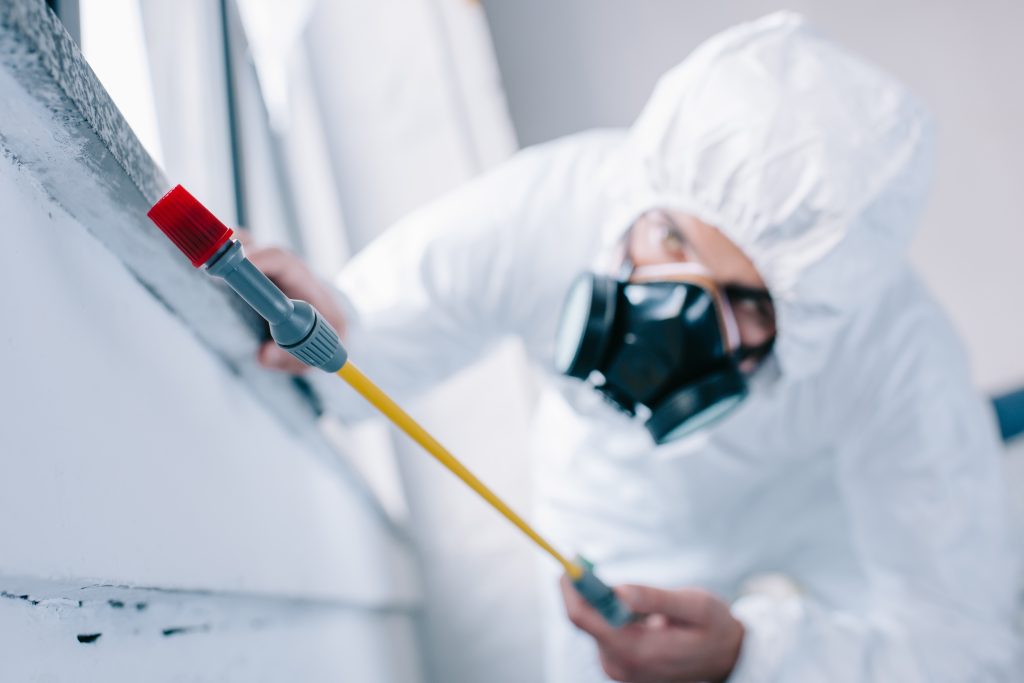
Businesses have the opportunity to manage pest infestations cost-effectively by focusing on prevention measures and adopting integrated pest management (IPM) strategies. These approaches emphasise understanding the behaviour and lifecycle of pests to implement environmentally friendly and sustainable tactics, minimising the need for chemical interventions.
Regular monitoring and diligent maintenance form the backbone of a successful IPM strategy, ensuring that potential infestations are identified and addressed promptly. Additionally, equipping employees with the necessary training and raising their awareness about the significance of pest control empowers them to contribute to the overall cleanliness and pest-free status of the business environment.
Thus, by prioritising prevention, utilising IPM practices, and fostering a culture of vigilance and responsibility among staff, businesses can effectively mitigate the risks and costs associated with pest infestations.
Integrated Pest Management (IPM)
Integrated Pest Management (IPM) incorporates multiple strategies to minimise pest infestations in a cost-effective and environmentally friendly manner. It involves identifying potential pest problems, monitoring their presence, and taking appropriate action if required.
By utilising IPM, businesses can reduce the need for excessive pesticide usage, which may have negative impacts on the environment and human health. Furthermore, IPM encourages the use of non-chemical control methods such as sanitation, structural repairs, and biological controls to manage pests effectively.
This approach aims to prevent and solve pest issues by considering the specific requirements of each situation while minimising risks to people and the environment.
Prevention is key
Prevention is crucial to minimising the economic toll of pests on businesses. It involves taking proactive measures to prevent infestations and minimise financial losses. To achieve this, consider the following cost-effective strategies:
- Implement regular maintenance and cleanliness practices to eliminate potential pest habitats.
- Seal all entry points, including cracks and crevices, to prevent pests from entering buildings.
- Employ proper waste management techniques to reduce food sources for pests.
- Utilise landscaping practices that discourage pest activity, such as removing standing water and overgrown vegetation.
- Educate employees about the importance of maintaining a clean and pest-free environment within the workplace.
By adopting these prevention strategies, businesses can effectively mitigate the risk of pest infestations and minimise their economic impact.
Employee training and awareness
Employee training and awareness are crucial in preventing pest infestations and minimising financial losses:
- Regular training sessions for employees to recognise early signs of pest infestations.
- Training on proper sanitation practices to eliminate pest attractants in the workplace.
- Awareness programmes to educate employees about the potential impact of pests on business operations.
- Training staff on how to report and respond to pest sightings or evidence promptly, according to company procedures.
- Conducting routine drills or exercises to ensure that employees are prepared for potential pest-related emergencies.
These measures can effectively minimise the risk of pest infestations and help maintain a positive reputation for businesses.
Regular monitoring and maintenance
Regular monitoring and maintenance play a crucial role in preventing and managing pest infestations. This involves conducting routine inspections of the premises to identify any signs of pest activity before it escalates. Additionally, regular maintenance of the building’s structure and surroundings helps eliminate potential entry points and breeding grounds for pests, reducing the risk of infestations.
- Conduct thorough inspections at regular intervals to detect early signs of pest activity.
- Implement proactive measures such as sealing cracks and crevices to prevent pests from entering the premises.
- Maintain cleanliness in and around the property to eliminate potential food sources for pests.
- Regularly inspect and maintain landscaping to minimise hiding spots for pests around the property.
- Engage in consistent communication with pest control professionals to address any emerging issues promptly.
Regular monitoring and maintenance not only help in early detection but also serve as a proactive approach to minimising the economic impact of pest infestations on businesses.
Partnering with professional pest control services
Partnering with professional pest control services is essential for effective pest management. Here are some key advantages:
- Access to Expertise: Professional services offer specialised knowledge and skills in identifying, managing, and preventing pest infestations.
- Customised Solutions: Pest control services tailor solutions based on the specific needs and challenges of a property or business, ensuring effective results.
- Compliance with Regulations: Professionals are well-versed in industry regulations and standards, ensuring that pest management practices adhere to legal requirements.
- Timely Intervention: Working with professionals allows for swift action when dealing with potential infestations, preventing widespread damage and financial losses.
- Ongoing Support: Professional partnerships often include regular inspections, maintenance, and support to ensure sustained protection against pests.
The Importance of Proactive Pest Management
Proactive pest management stands at the forefront of safeguarding businesses from the myriad consequences that stem from pest infestations. By anticipating and addressing potential pest problems before they escalate, businesses can significantly reduce the financial losses associated with eradication efforts and operational disruptions.
Moreover, a proactive approach ensures that the integrity of property and inventory is maintained, preserving the business’s bottom line. Additionally, actively managing pest risks contributes greatly to upholding a business’s reputation, as it demonstrates a commitment to health, safety, and quality standards—factors that are highly valued by customers and partners alike.
Ultimately, integrating proactive pest management into regular business operations is not just a strategic move for physical asset protection; it also plays a pivotal role in securing a business’s standing and success in the competitive industry landscape.
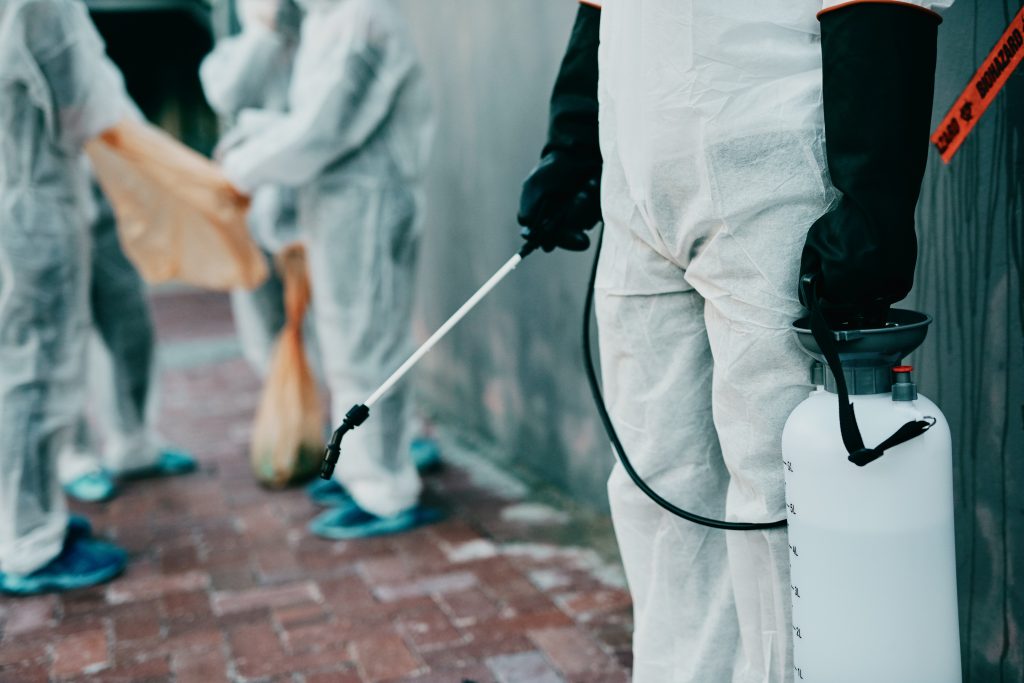
Avoiding potential pest infestations
To avoid potential infestations, it’s vital to implement preventive measures. Regularly inspect your property for signs of pests and seal any entry points. Keep your surroundings clean and tidy to eliminate potential hiding spots for pests.
Additionally, proper waste management is crucial in deterring pests from lingering around your premises. When storing food items, ensure they are properly sealed in airtight containers to prevent attracting pests. Partnering with professional pest control services can also help identify and address potential infestation risks before they escalate into costly problems.
Minimising financial losses
Implementing proactive pest management strategies is essential for minimising financial losses resulting from pest infestations. Regular monitoring, employee training, and partnering with professional pest control services are effective measures for avoiding potential infestations.
By focusing on prevention and promptly addressing any signs of pests, businesses can reduce costs associated with property damage, lost inventory, and reputational harm caused by pesky invaders. In the fight against financial losses due to pests, being proactive with preventative measures is key.
By regularly monitoring for pests and providing employees with proper training on identification and response methods, along with utilising professional pest control services when needed, businesses can significantly minimise the impact of potential infestations on their bottom line.
Maintaining a positive reputation
Maintaining a positive reputation is vital for businesses. Australian consumers are increasingly valuing ethical and sustainable practices, and a good reputation can set your business apart from competitors.
By proactively managing pest infestations, you demonstrate your commitment to maintaining a safe and hygienic environment for both customers and employees. This not only protects your bottom line but also enhances your standing in the community as an environmentally responsible business that cares about public health.
Regular monitoring, preventive measures, and prompt action against pests are key to preserving your business’s positive image. Engaging professional pest control services helps maintain cleanliness and demonstrates diligence in protecting against potential threats.
Call Us!
Wrapping up our journey from understanding the full economic brunt pests can have on businesses to exploring cost-effective solutions, it’s clear that the tiny invaders we often overlook carry a hefty price tag. The road from invaders causing losses showcases not just the immediate financial hits but the long-term brand damage that can spiral from unchecked infestations.
Cost-effective pest management isn’t just about dealing with the problem at hand; it’s about investing in the future of your business and safeguarding your reputation. This is where the importance of being proactive, rather than reactive, comes into sharp focus. It’s not merely about fighting the pests but preventing them from becoming a threat in the first place.
In this light, professional pest control services become not just wise but essential — a strategic move to ensure that pests are swiftly and effectively dealt with, using the latest in pest management strategies. Deciding to partner with pest control professionals is, in essence, choosing to protect your bottom line and secure the longevity and success of your business.
